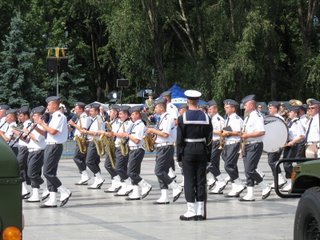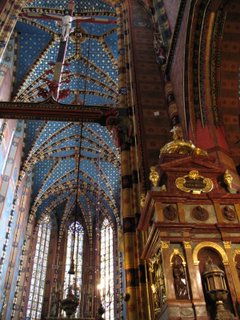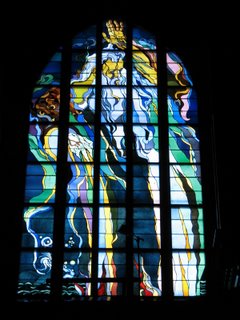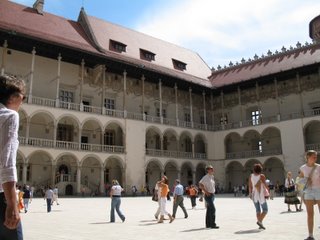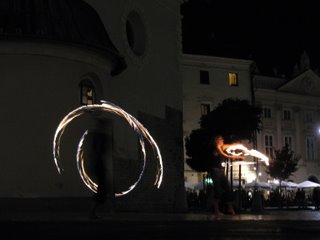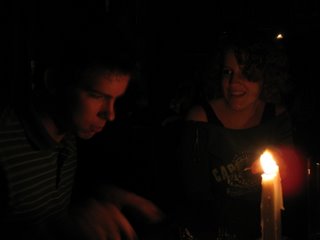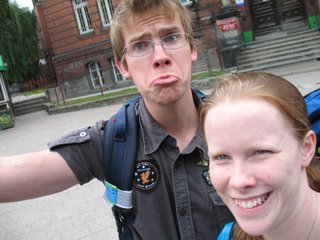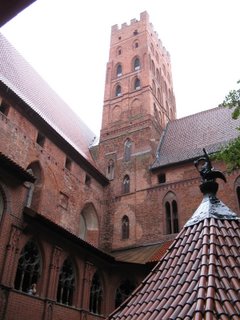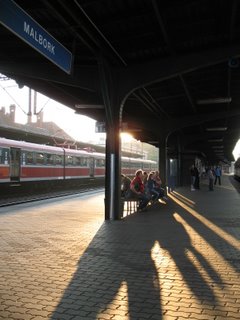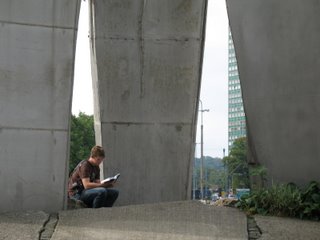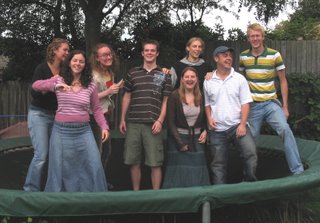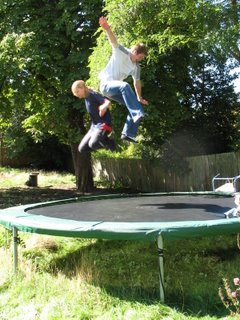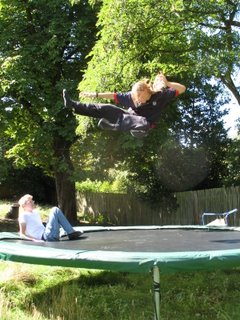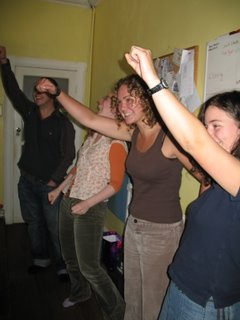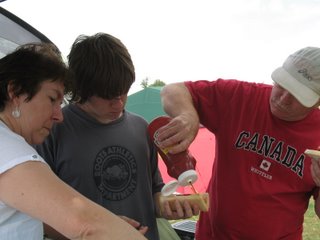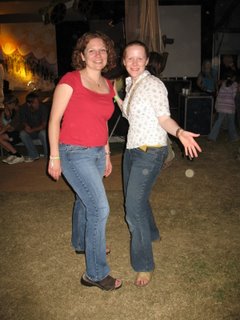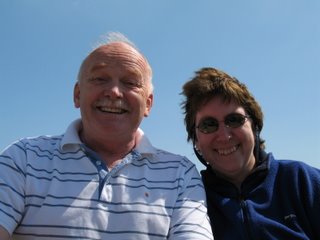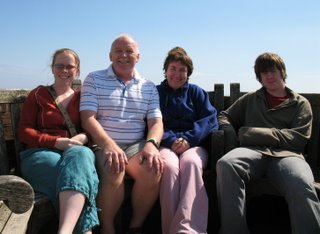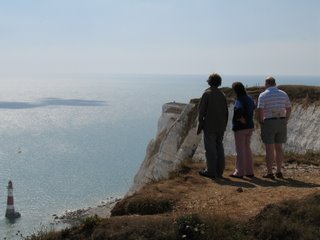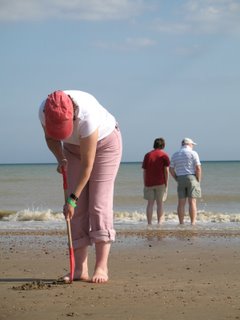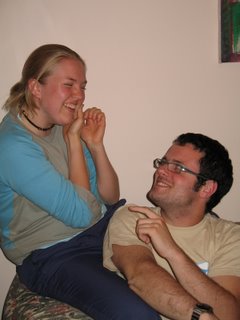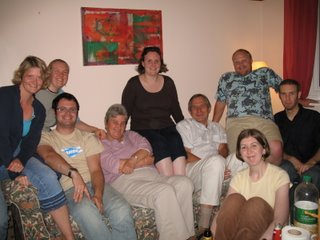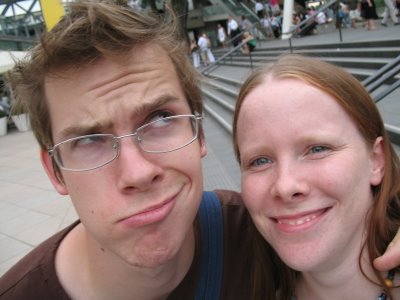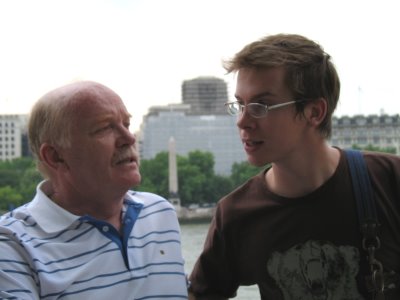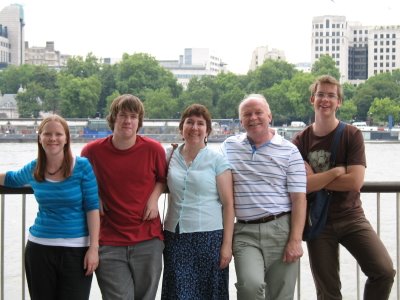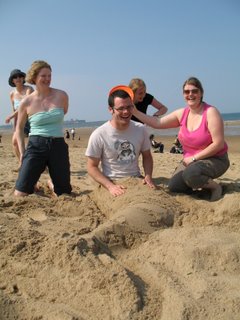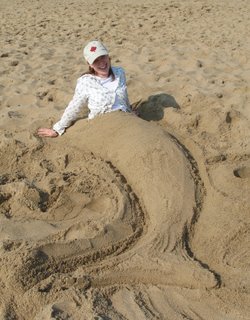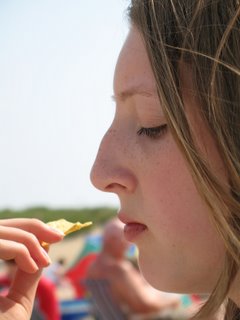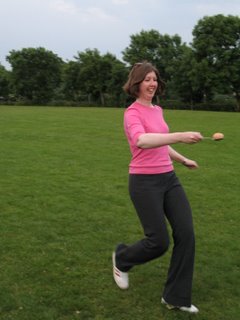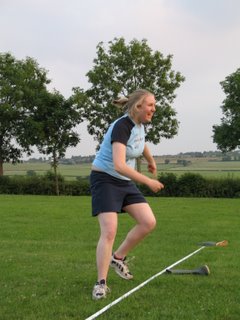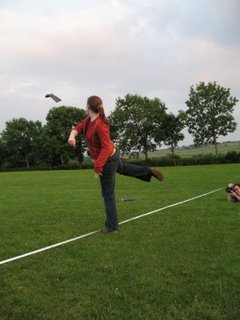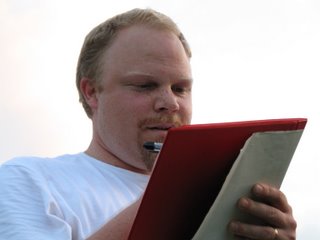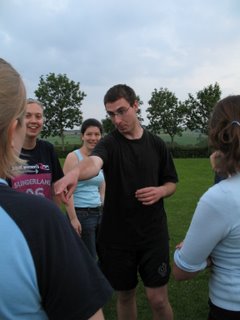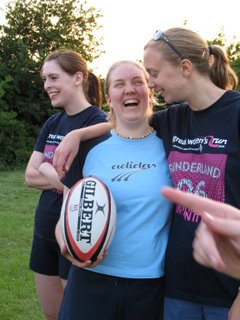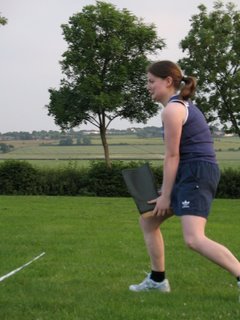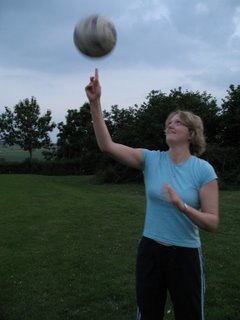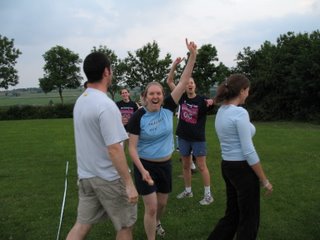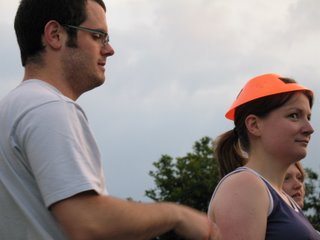I've
previously posted on
Christianity on Trial, a book well worth reading for its balanced and convincing approach to historical Christianity and the church's successes and failures.
The conclusion to the book asserts that "
if knowledge of such dark episodes [such as the Crusades]
in the history of Christianity is essential, it is also corrosive if it is the only knowledge of the past that most people possess." (p.208) The writers point out it is not just society at large, but also the church itself, that has been quick to over-represent failures and paint a unbalanced picture of Christian history that doesn't take into account all the facts available.
The book has been a excellent read and given me a much better sense of the detail of history as well as the bigger picture - the redeeming work that God has done and is doing. I've been especially struck - in a similar way to reading a biography - by what God can accomplish through individuals; the powerful impact that one or two people can have on a society,
William Wilberforce being a powerful example. His story, and that of the other British abolitionists and what they accomplished, is almost beyond belief.
In 1770, slaves comprised 22% of the population of Britain's American colonies, 90% in the East and West Indies. Between 1791 and 1800, 400,000 slaves were sold, making these some of the most active years of the slave trade (p.33). It was during these years, when the British economy was heavily dependent on slavery, or slave-produced goods, that the antislavery movement began to pick up steam, driven by the Methodists and men like Wilberforce. The Abolition Act of 1833, brought the emancipation of 780,000 slaves, at a cost to the British government of 20 million pounds!
Equally striking is the reminder, in the conclusion, that we "
have no need to pore over historical works to appreciate an example of the more hopeful side of the Christian legacy" as significant examples exist even in the last half century. The collapse of communism in Eastern Europe began with a nonviolent campaign in Poland, sparked off and encouraged by visits by Pope John Paul II in 1979 and 1983. The authors make a convincing case for the importance of the church and Christian faith, as well as the impact of the Pope, during the ensuing events. They comment that even the Chinese government recognised the role that the churches had played and on their own turf sought to 'strangle the baby while it is still in the manger' (p.211). They argue that Christianity's "
indigenous growth outside the West is one of the signal democratizing forces around the globe today." (p.211)
Philip Yancey also remarks on these 'patches of green' in a chapter in
What's so Amazing about Grace:
"
Remarkably, we have lived to see these [Eastern European] dissidents triumph. An alternative kingdom of ragged subjects, of prisoners, poets, and priests, who conveyed their words in the scrawl of hand-copied samizdat, toppled what seemed like an impregnable fortress. In each nation the church operated as a counterforce, sometimes quietly and sometimes loudly insisting on a truth that transcended, and often contradicted, official propaganda. In Poland the Catholics marched past government buildings shouting 'We forgive you!'" (p.261)
